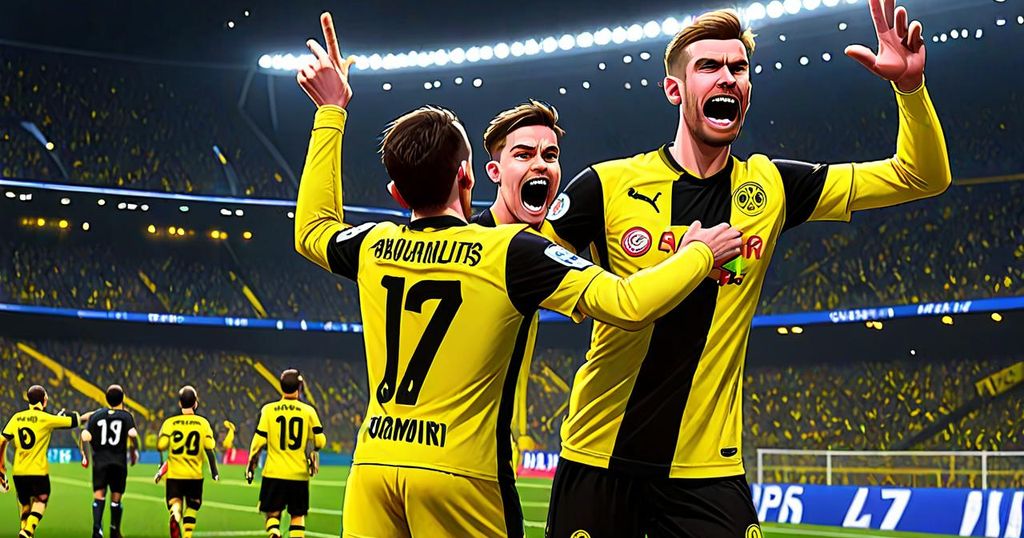Borussia Dortmund’s progression to the Champions League final has been markedly remarkable. The club’s transfer strategy has played a significant role in their unexpected success, as they have been compelled to navigate a shifting transfer market landscape. Dortmund’s capability to adapt has been crucial in propelling them to the verge of a potential Champions League title.
Earlier this year, Dortmund set their sights on procuring young English-based players in an endeavor to fortify their squad. Customarily recognized for sourcing burgeoning talent with great potential, Dortmund aspired to replicate the success of signing Jadon Sancho in 2017. However, their appeal to players such as Jude Bellingham did not yield the same results as previously anticipated. The transfer market and football tactics have evolved, with larger clubs such as Manchester City and Real Madrid now vying for similar player profiles. The amplified emphasis on pressing in modern football has created a demand for younger talent capable of sustaining high levels of energy on the pitch.
As a consequence, Dortmund’s conventional approach to player recruitment is no longer as effective. The club has acknowledged that they must adapt to this new reality in order to remain competitive. A significant shift in the club’s hierarchy has prompted a reevaluation of their identity, marking a pivotal moment in the club’s history. Despite encountering challenges and deliberations about the club’s future direction, Dortmund has managed to defy the odds and secure a spot in the Champions League final.
Despite being one of the most youthful squads in the Champions League, Dortmund finds themselves squaring off against established powerhouses such as Real Madrid. As a fan-owned club, Dortmund has garnered support as they endeavor to challenge the established order of the competition. Their journey speaks to the broader issue of financial disparity in football, where clubs with lower revenue face substantial obstacles in competing at the highest level.
The shifting dynamics of the football landscape have significantly impacted Dortmund’s trajectory. Following the reforms initiated by Real Madrid and Bayern Munich in 2016, more financial rewards were directed towards historically successful clubs in the Champions League, perpetuating the cycle of wealth and success for established teams. Despite receiving a substantial influx of revenue, Dortmund has faced limitations in their ability to challenge the dominance of the top clubs.
Dortmund’s consistent position as the 12th highest-earning club in Europe has led to a stagnation in their progress. The club’s strategy of investing in future prospects and frequent player sales has hampered their ability to compete for major titles, ultimately leading to a period of complacency and underperformance.
In response to these challenges, Dortmund has adjusted its transfer strategy to focus on pragmatic and cost-effective signings. The club has transitioned towards acquiring experienced players and compromise deals, signaling a departure from their previous emphasis on young, high-potential talents.
Dortmund’s approach to the current transfer market reflects a broader trend in football, as clubs are compelled to adapt to evolving dynamics. The club’s unexpected success in the Champions League is a testament to their ability to navigate these changes and seize the moment. While luck has undoubtedly played a role in their journey, Dortmund’s resilience and adaptability have been pivotal in defying expectations.
As Dortmund prepares to face Real Madrid in the Champions League final, the club finds itself in a unique position, poised to challenge the established order of European football. Their journey serves as a reminder of the evolving nature of the sport, and the potential for unexpected outcomes in the face of conventional power structures.



